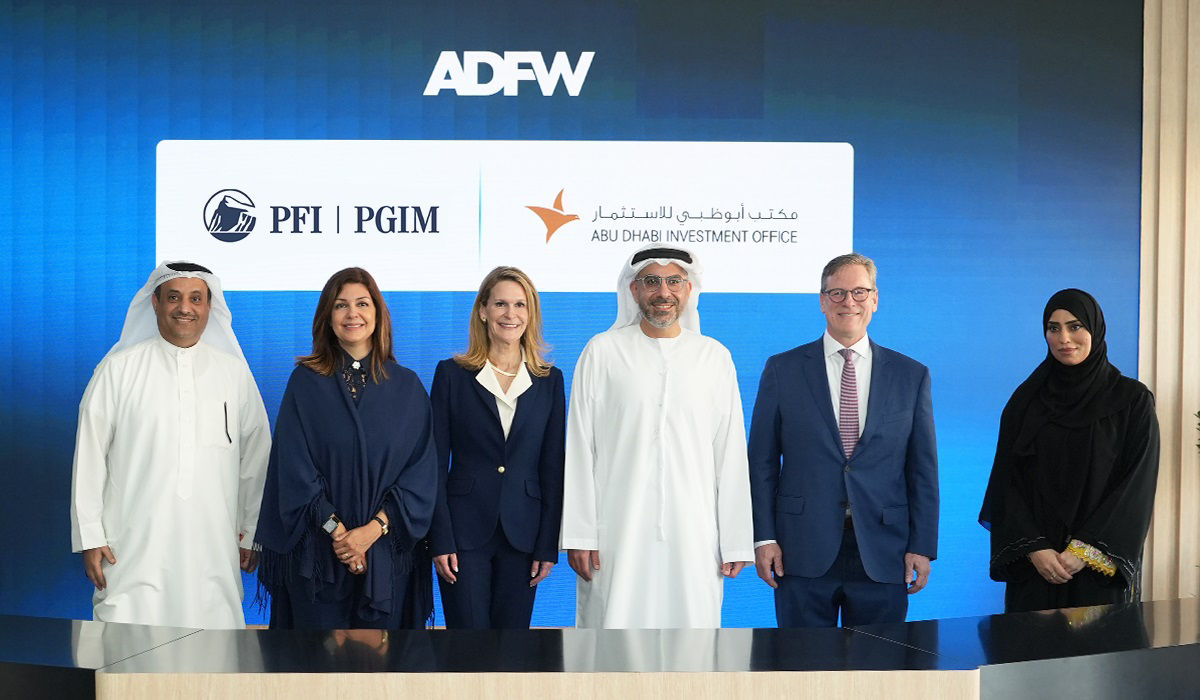Featured insights
-
Weekly ViewVenezuela’s Next Chapter: Short- and Long-term ImplicationsOur View from the Desk for the week of January 05 summarizes the macroeconomic and asset-class specific themes discussed in our weekly desk head meeting.
Read More
-
2026 Real Estate OutlooksThe 2026 global real estate landscape continues to highlight how opportunities are country, capital, sector, style and submarket specific, with diverse investment themes across regions.
Read More
-
Special SituationsExpanding Today’s Credit Opportunities with Special SituationsIn the following Q&A we unravel opportunities arising from areas of credit market dislocation.
Read More
$1.5T
#16
200+
-
Press ReleasePGIM’s real estate business provides $23M mezzanine loan for Salt Lake City built-to-rent communityWest Village Townhome, a 186-unit property townhome community, features three 4-story 2-bedroom and 3-bedroom units.
Read More
-
Press ReleaseDWS Acquires Logistics Campus in Berlin from PGIM and PanattoniThe property is located in the Marzahn district and is based on Panattoni’s City Dock® concept designed to offer flexible property solutions in urban centers.
Read More
-
Press ReleaseAbu Dhabi Investment Office and Prudential Financial Inc sign strategic collaboration to advance long-term investment, retirement savings, income, and reinsuranceADIO and PFI will work together to deepen engagement with local financial institutions in their development of financial products tailored to regional needs.
Read More
Subscribe to receive our latest insights
Stay informed on timely market developments, outlooks and industry events.
* Required Fields
Data as of 9/30/25 unless otherwise noted. All Assets Under Management are net unless otherwise noted.










